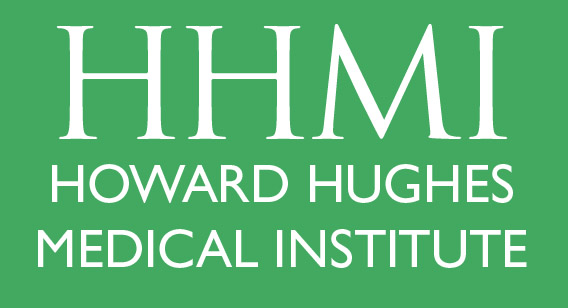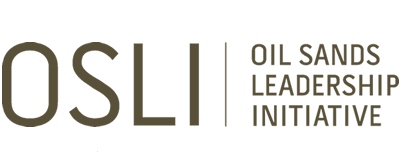Team:Washington
From 2011.igem.org
| Line 15: | Line 15: | ||
<div align="center"> | <div align="center"> | ||
'''← [[Team:Washington/Gram Negative/Test|Testing the Gram(-) Therapeutic]]''' | '''← [[Team:Washington/Gram Negative/Test|Testing the Gram(-) Therapeutic]]''' | ||
| - | |||
| - | |||
| | ||
'''[[Team:Washington/Gram Positive/Design|Designing the Gram(+) Therapeutic]] →''' | '''[[Team:Washington/Gram Positive/Design|Designing the Gram(+) Therapeutic]] →''' | ||
</div> | </div> | ||
Revision as of 22:41, 14 September 2011
Make it or Break it: Diesel Production and Gluten Destruction, the synthetic biology way
Synthetic biology holds great promise to produce vital products and destroy harmful ones. This summer, we harnessed the power of synthetic biology to meet the world’s needs for fuel and medicine. Make It: We constructed a strain of Escherichia coli that produces a variety of alkanes, the main constituents of diesel fuel, by introducing a pair of genes recently shown convert fatty acid synthesis into alkanes. Break It: We engineered an enzyme – to be taken in pill form – that breaks down gluten, a component of staple foods that can causes severe immune responses. The protease Kumamolisin-As was identified and then reengineered using computational techniques, improving its ability to cleave gluten peptides over 10-fold. Finally, to enable next-gen cloning of iGEM parts BioBrick vectors optimized for Gibson assembly were constructed and used to construct the Magnetosome Toolkit: genes for biofabrication of magnetic particles.


![]() University of Washington
Anaspec
University of Washington
Anaspec
 "
"


